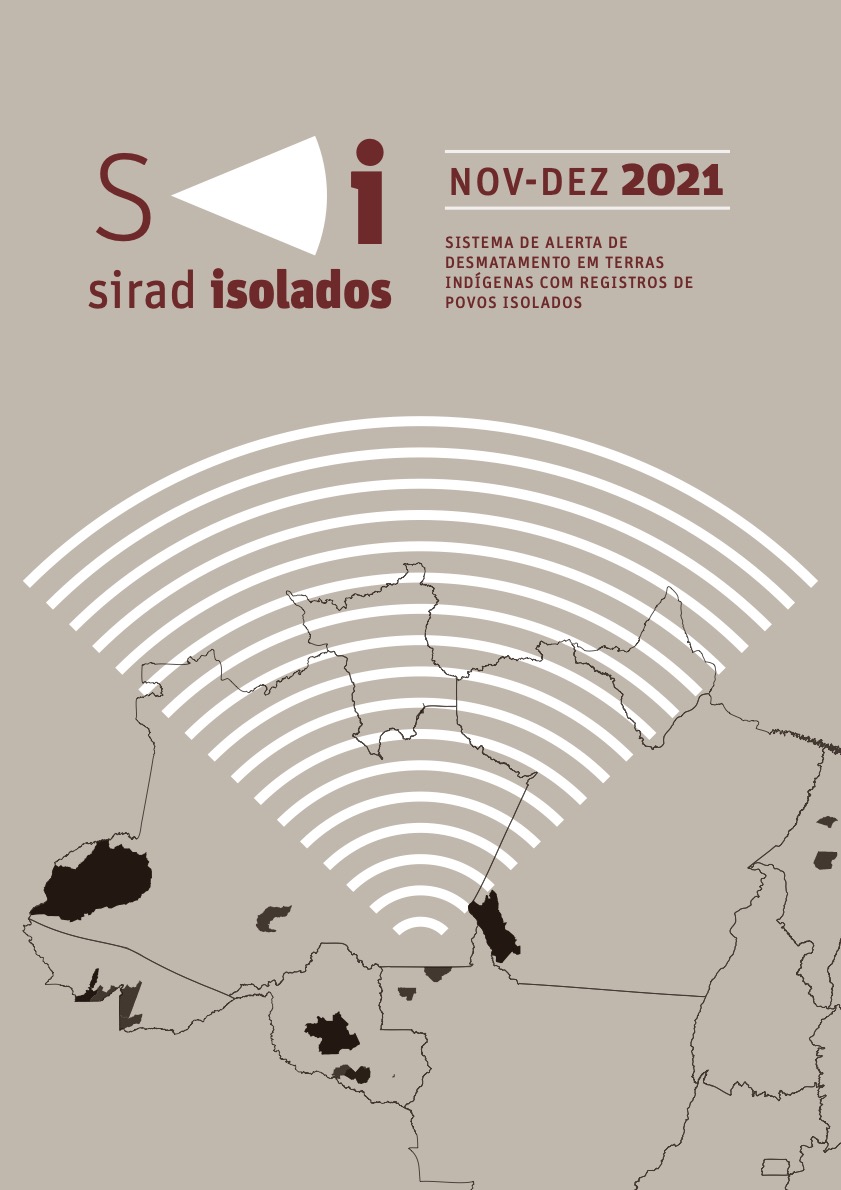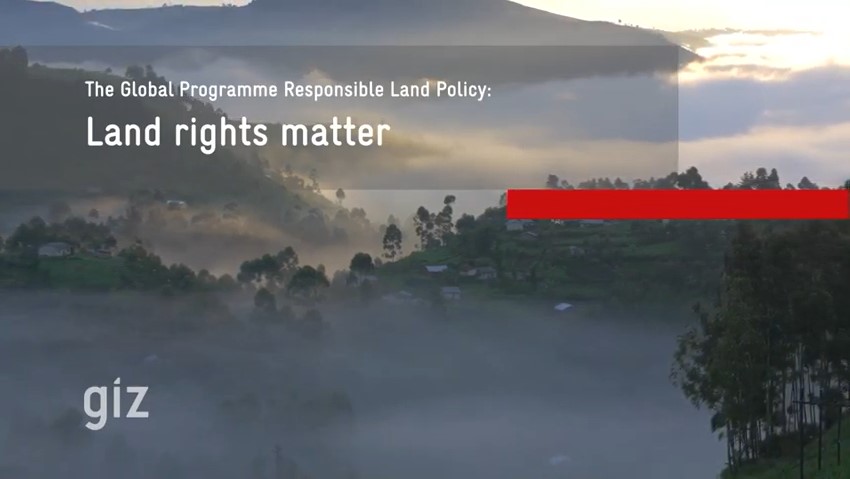Context and backgroundLand and forest play a critical role in climate change since a rise in deforestation and land degradation contributes to greenhouse gas emissions and global warming. If there is one thing that will sabotage efforts to address defo...
Political Economy Analysis Of How Corruption Affects Climate Change Adaptation And Mitigation. A Case Study Of The Forest And Land Use Sectors Of Ghana





